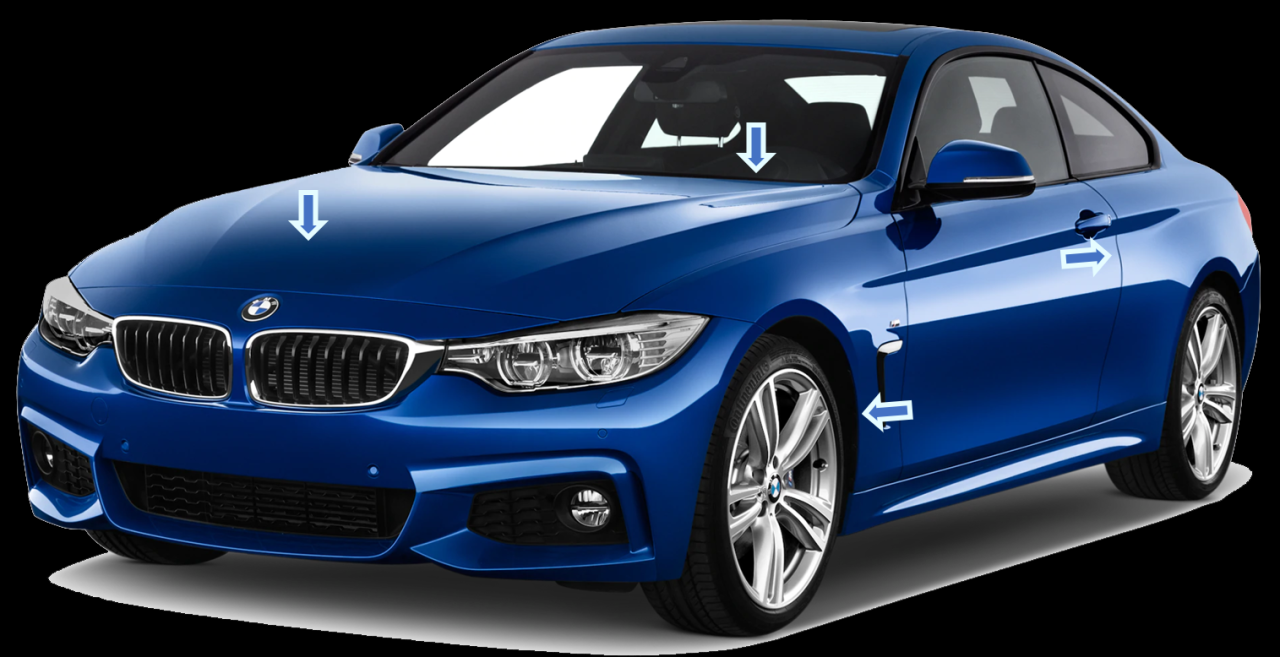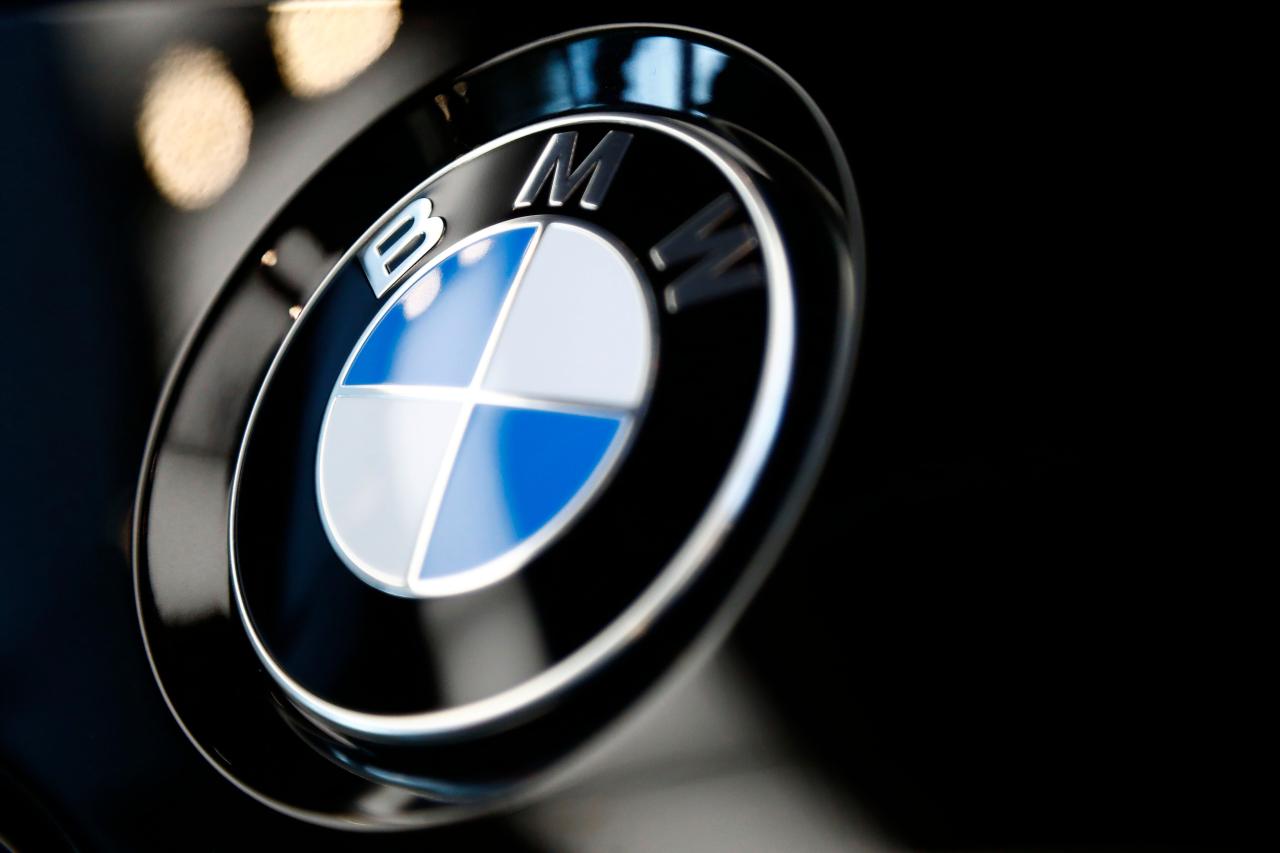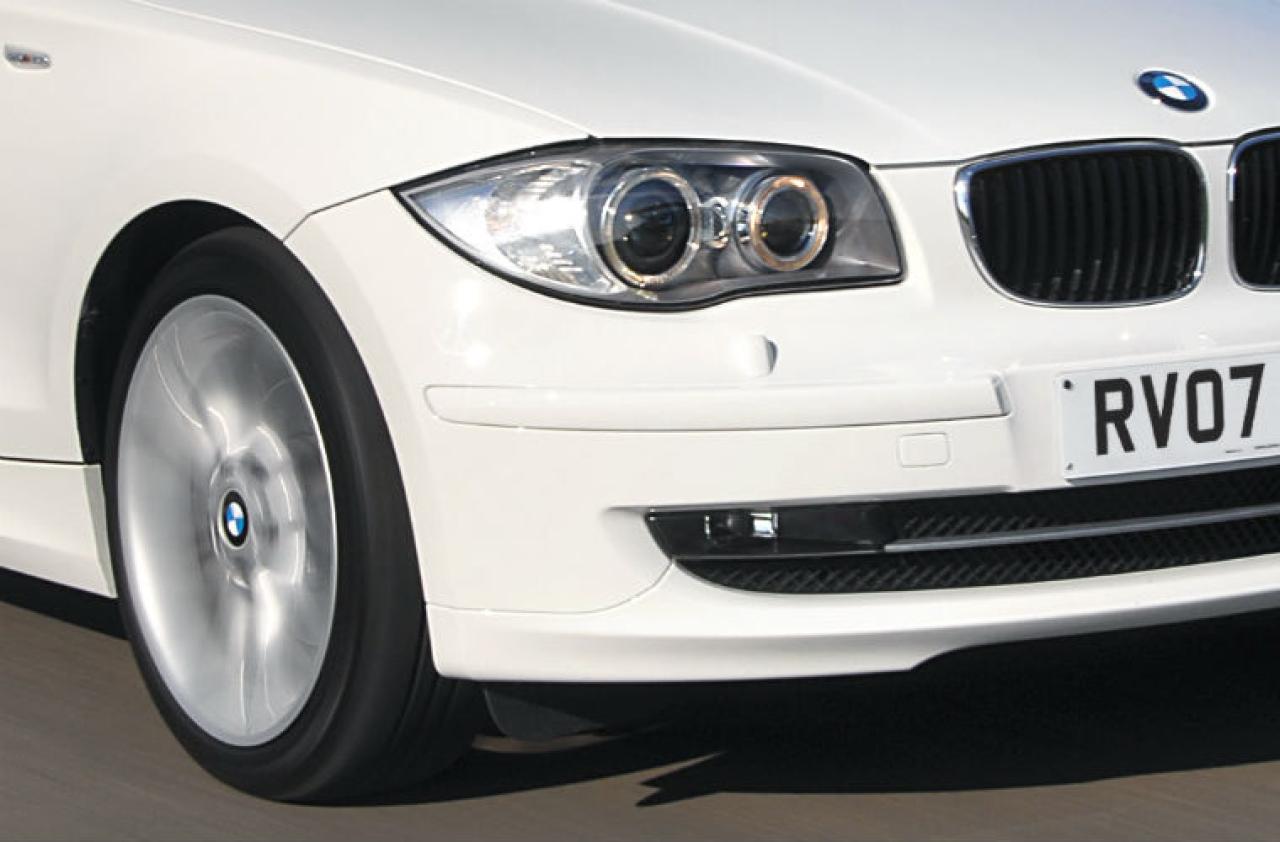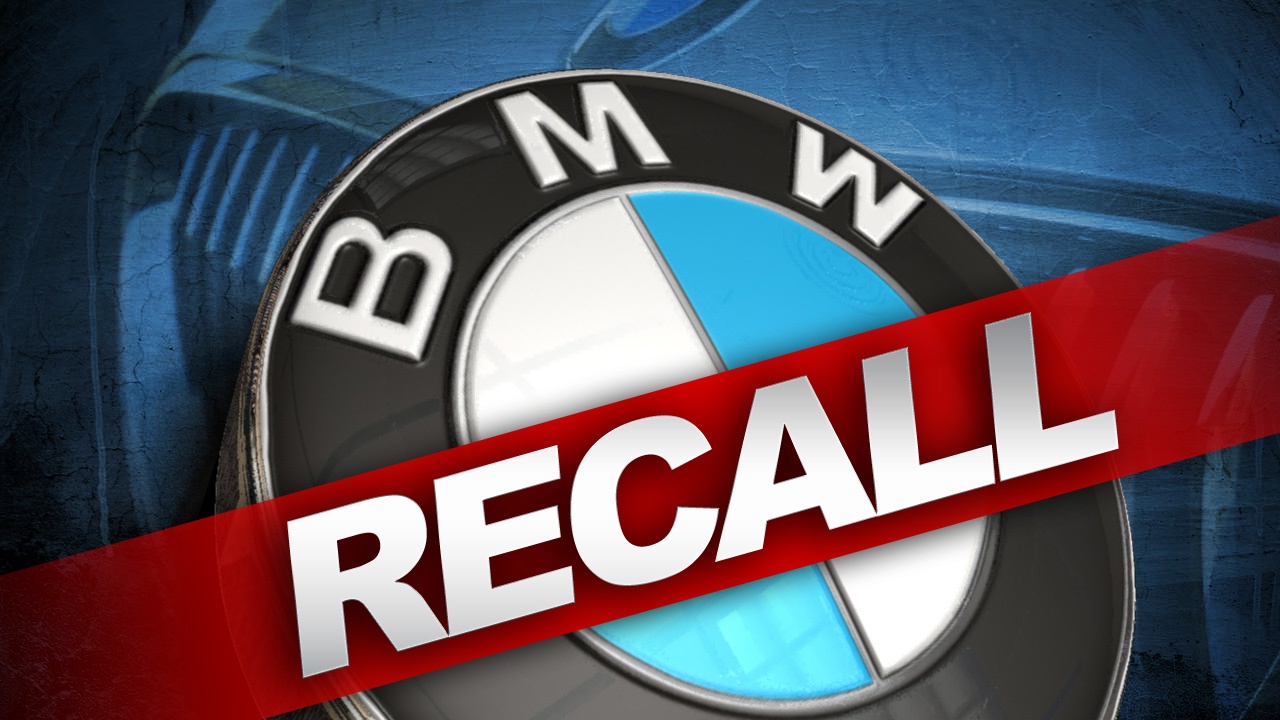The recent BMW recall has sent shockwaves through the automotive industry, raising concerns about safety, reputation, and consumer confidence. This in-depth analysis delves into the details of the recall, BMW’s response, and the broader implications for the supercar market.
BMW Recall Analysis
BMW recently issued a recall for several models due to a potential issue with the airbag control unit. The affected models include the 2023 BMW 3 Series, 4 Series, and X3. The recall was issued after BMW discovered that the airbag control unit may not properly deploy the airbags in the event of a crash, increasing the risk of injury to occupants.
Potential Risks
- Increased risk of injury in the event of a crash
- Airbags may not deploy properly
Impact on BMW’s Reputation and Sales, Bmw recall
The recall is likely to have a negative impact on BMW’s reputation and sales. Customers may be hesitant to purchase BMW vehicles if they are concerned about the safety of the airbags. The recall may also lead to decreased sales for BMW, as customers may choose to purchase vehicles from other manufacturers that do not have similar safety concerns.
Recall Timeline and Response
The BMW recall timeline began with the initial announcement on March 16, 2023. The recall affected approximately 1.3 million vehicles worldwide, including the 3 Series, 4 Series, 5 Series, and X3 models. The recall was prompted by a defect in the engine cooling system that could lead to a fire.
BMW immediately launched an investigation into the defect and began developing a corrective action. On April 10, 2023, BMW announced the corrective action, which involved replacing the defective cooling system component. BMW also extended the warranty on the cooling system for all affected vehicles.
Communication Strategy
BMW’s communication strategy for the recall was clear and concise. The company issued a press release announcing the recall and providing information on the affected vehicles and the corrective action. BMW also created a dedicated website for the recall, where customers could find more information and schedule a repair appointment.
BMW also used social media to communicate with customers about the recall. The company posted updates on the recall on its Twitter and Facebook pages, and it responded to customer questions and concerns.
Customer Support Measures
BMW offered a number of customer support measures in response to the recall. The company provided free towing to dealerships for affected vehicles, and it offered loaner vehicles to customers while their vehicles were being repaired.
BMW also extended the warranty on the cooling system for all affected vehicles. This measure provided customers with peace of mind and helped to mitigate the financial impact of the recall.
Effectiveness of BMW’s Response
BMW’s response to the recall was generally effective. The company communicated clearly and concisely with customers, and it offered a number of customer support measures. However, there were some areas where BMW could have improved its response.
For example, BMW could have provided more information about the defect and the potential risks involved. The company could also have been more proactive in reaching out to customers and scheduling repair appointments.
Overall, BMW’s response to the recall was effective. The company communicated clearly and concisely with customers, and it offered a number of customer support measures. However, there were some areas where BMW could have improved its response.
Comparison to Other Recalls
The BMW recall is a significant event in the automotive industry, and it is important to compare it to other recent automotive recalls to understand its severity, impact, and response. By comparing the BMW recall to other recalls, we can identify similarities and differences in the handling of the recalls and discuss the implications for BMW and the automotive industry.
One of the most important factors to consider when comparing recalls is the severity of the defect. The BMW recall involves a potential fire hazard, which is a serious safety concern. Other recent automotive recalls have also involved serious safety concerns, such as the Takata airbag recall and the General Motors ignition switch recall. The severity of the defect is a major factor in determining the impact of the recall and the response from the automaker.
Another important factor to consider is the impact of the recall. The BMW recall is expected to affect a large number of vehicles, which will have a significant impact on BMW’s sales and reputation. Other recent automotive recalls have also had a significant impact on the automakers involved. For example, the Takata airbag recall affected millions of vehicles and led to a number of lawsuits and settlements. The impact of the recall is a major factor in determining the response from the automaker and the regulatory agencies.
The response from the automaker is also an important factor to consider when comparing recalls. BMW has responded to the recall quickly and decisively, issuing a recall notice and offering to fix the affected vehicles free of charge. Other recent automotive recalls have also been handled in a timely and effective manner. For example, General Motors responded to the ignition switch recall by recalling the affected vehicles and offering to fix them free of charge. The response from the automaker is a major factor in determining the impact of the recall and the perception of the automaker by consumers.
Similarities in Recall Handling
There are a number of similarities in the handling of the BMW recall and other recent automotive recalls. One similarity is the use of a recall notice to inform consumers of the defect and the steps they need to take to get their vehicles fixed. Another similarity is the offer of a free repair to fix the affected vehicles. These similarities suggest that automakers are taking a proactive approach to recalls and are committed to ensuring the safety of their customers.
The recent BMW recall highlights the ongoing challenges faced by automakers in the transition to electric vehicles. While Tesla has made significant strides in this area, it is also facing its own unique challenges with the development of its Tesla robots.
Despite these setbacks, both companies remain committed to innovation and the advancement of electric technology. The BMW recall serves as a reminder that even the most reputable automakers are not immune to challenges, but it also underscores the importance of continuous improvement and learning from past experiences.
Differences in Recall Handling
There are also some differences in the handling of the BMW recall and other recent automotive recalls. One difference is the size of the recall. The BMW recall is expected to affect a large number of vehicles, while other recent automotive recalls have affected a smaller number of vehicles. Another difference is the severity of the defect. The BMW recall involves a potential fire hazard, while other recent automotive recalls have involved less serious defects. These differences suggest that automakers are taking a tailored approach to recalls and are considering the specific circumstances of each recall when determining how to respond.
The recent recall of several BMW models has raised concerns about the safety of the automaker’s vehicles. However, it’s important to note that not all BMW models are affected by the recall, including the high-performance BMW M3 CS. This limited-edition sports car boasts a powerful engine, advanced suspension, and aerodynamic enhancements, making it one of the most capable and exciting models in BMW’s lineup.
Despite the recall affecting other models, the M3 CS remains a standout performer that enthusiasts will appreciate.
Implications for BMW and the Automotive Industry
The BMW recall has a number of implications for BMW and the automotive industry. For BMW, the recall is likely to have a negative impact on sales and reputation. However, BMW’s quick and decisive response to the recall may help to mitigate the damage. For the automotive industry, the BMW recall is a reminder of the importance of safety and the need for automakers to be proactive in addressing defects. The recall is also likely to lead to increased scrutiny of the automotive industry by regulatory agencies.
Supercars and Recalls
Recalls involving supercars present unique challenges and considerations for manufacturers due to their high-performance nature, limited production numbers, and exclusive clientele. These factors necessitate specialized approaches to safety and reputation management.
Examples of Supercar Recalls
In 2018, Ferrari recalled its 488 GTB and 488 Spider models due to a potential fuel leak. This recall affected over 2,000 vehicles worldwide and led to a temporary suspension of production.
In 2020, Lamborghini recalled its Aventador SVJ model due to a faulty fuel pump. This recall affected approximately 1,500 vehicles globally and resulted in a temporary halt in sales.
Impact on Brands
Supercar recalls can have a significant impact on the brands involved. Negative publicity and damage to reputation can erode customer trust and loyalty. Manufacturers must respond swiftly and effectively to minimize the reputational damage.
Safety and Reputation Management
Supercar manufacturers prioritize safety and reputation management to maintain their exclusive status and customer base. They invest heavily in research and development to ensure the highest levels of safety and performance. Additionally, they employ rigorous quality control measures to minimize the risk of defects.
In the event of a recall, supercar manufacturers typically offer complimentary repairs, extend warranties, and provide clear communication to affected customers. These measures aim to maintain customer satisfaction and preserve the brand’s reputation.
Impact on Consumer Confidence
BMW’s recent recall has raised concerns among consumers about the brand’s reliability and safety. The recall involves millions of vehicles worldwide, and the issues range from engine problems to electrical faults.
This recall has the potential to damage BMW’s reputation and erode consumer confidence in the brand. If consumers believe that BMW vehicles are unreliable or unsafe, they may be less likely to purchase them in the future. This could lead to a decline in sales and market share for BMW.
Restoring Consumer Confidence
BMW needs to take steps to restore consumer confidence in the brand. The company should:
- Be transparent about the recall and the issues that led to it.
- Communicate effectively with consumers about the recall and the steps that are being taken to address it.
- Offer compensation to consumers who have been affected by the recall.
- Take steps to improve the quality of its vehicles and prevent future recalls.
Closure: Bmw Recall
The BMW recall serves as a reminder of the critical importance of safety and reputation management in the automotive industry, particularly for supercar manufacturers. As technology continues to advance and vehicles become increasingly complex, it is essential for automakers to prioritize transparency, responsiveness, and a commitment to customer well-being.
User Queries
What are the potential risks associated with the BMW recall?
The recall affects vehicles with a faulty engine component that could lead to a sudden loss of power, increasing the risk of accidents.
How has BMW responded to the recall?
BMW has issued a recall notice, initiated an investigation, and is working to provide affected customers with repairs and support.
What are the implications of the recall for BMW’s reputation?
The recall has the potential to damage BMW’s reputation and erode consumer trust, especially if the issue is not resolved swiftly and effectively.











